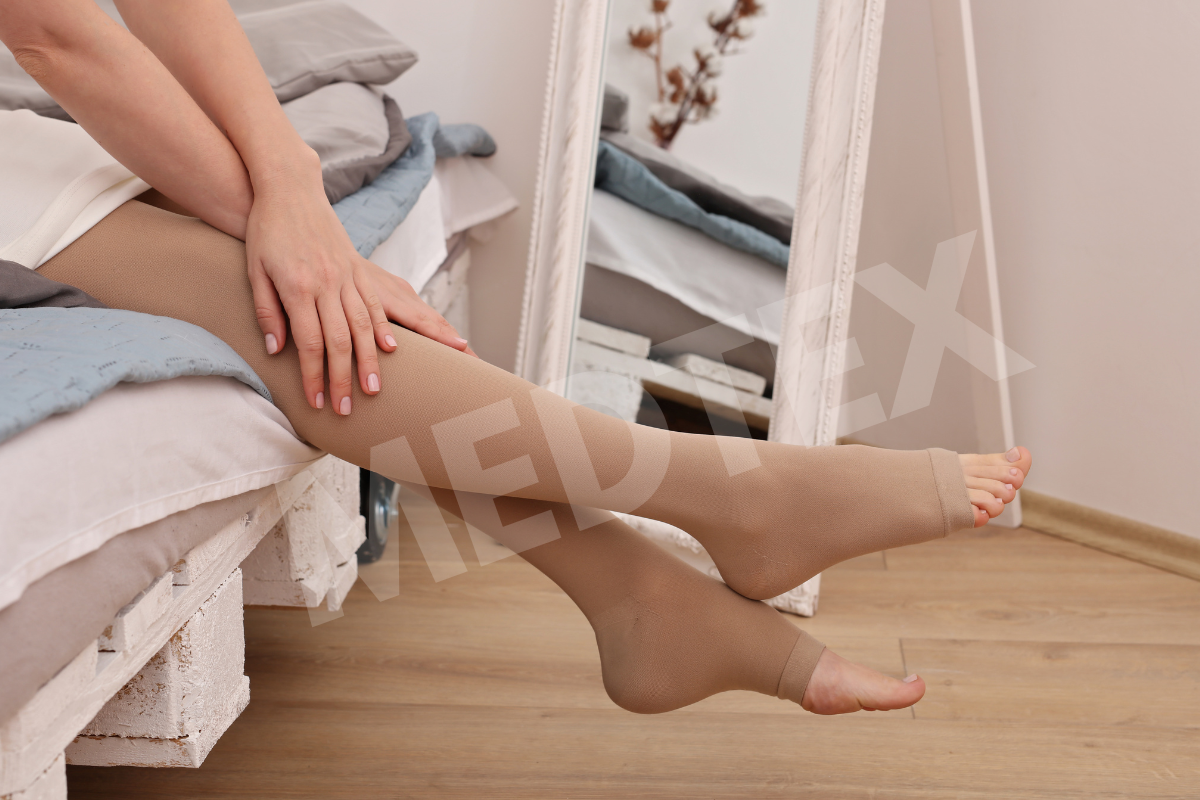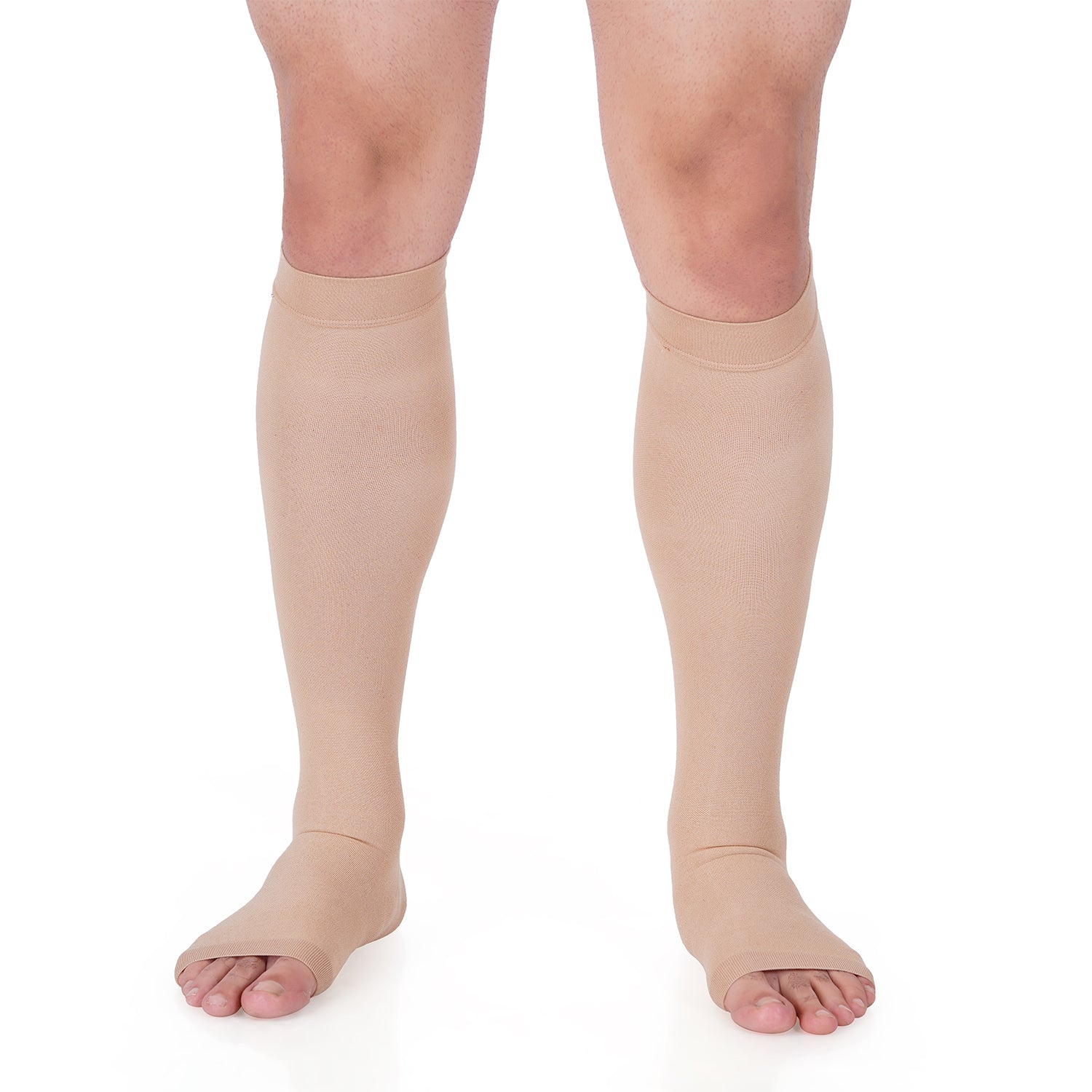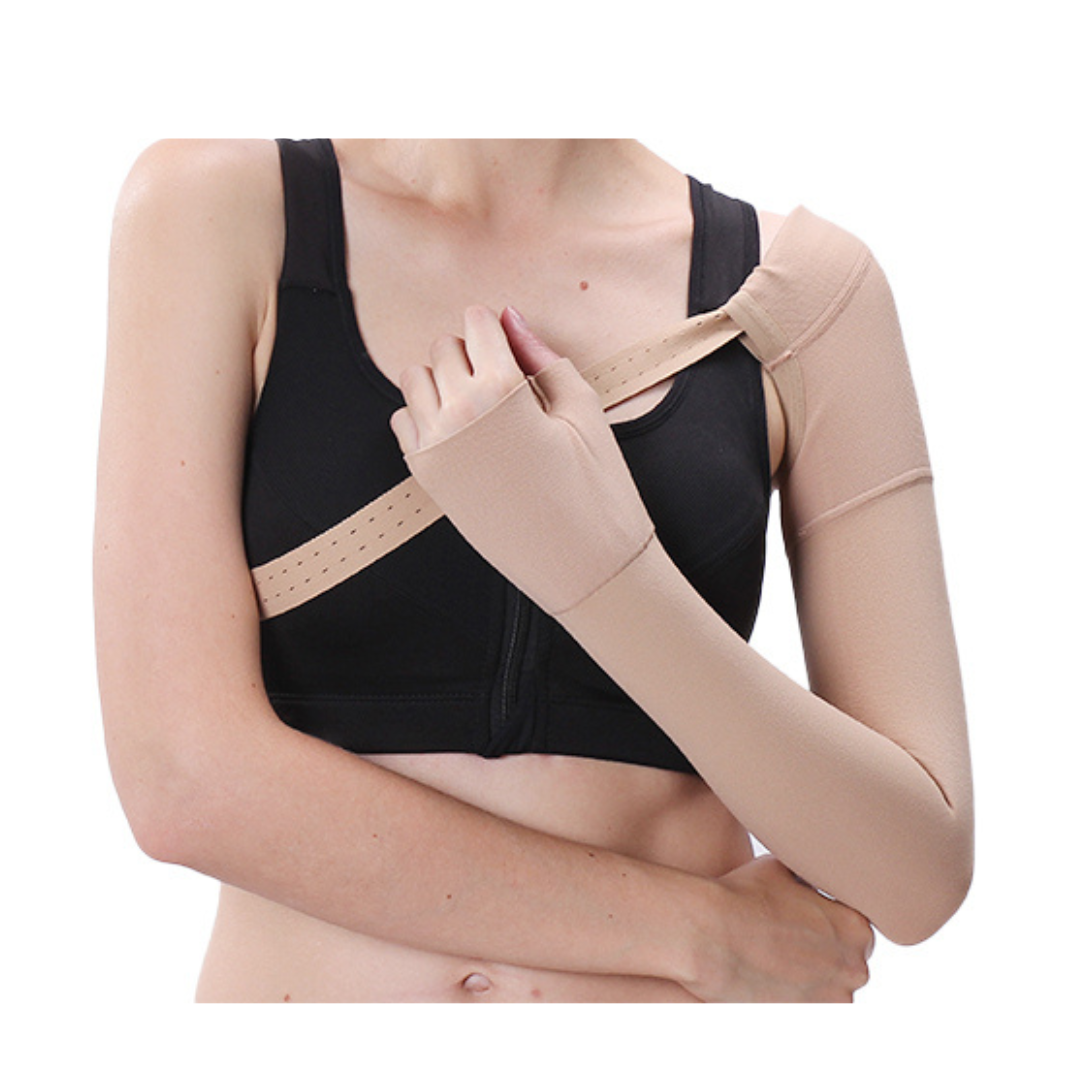Diabetic foot care is an essential aspect of managing diabetes, as people with diabetes are at a higher risk of developing foot problems due to reduced blood flow and nerve damage in the feet. Good foot care can prevent serious foot problems and help people with diabetes maintain an active lifestyle.
Here are some tips for diabetic foot care:
-
Check your feet daily: Examine your feet every day for any cuts, blisters, or sores. If you can't see the bottom of your feet, use a mirror or ask someone for help.
-
Wash your feet daily: Wash your feet with mild soap and warm water. Be sure to dry your feet thoroughly, especially between your toes.
-
Moisturize your feet: Use a moisturizer to keep the skin on your feet soft and supple. Avoid applying lotion between your toes, as this can create a damp environment that can promote fungal growth.
-
Trim your nails carefully: Trim your nails straight across and file any sharp edges. Don't cut your nails too short or round the edges, as this can cause ingrown toenails.
-
Wear comfortable shoes and socks: Wear shoes that fit well and provide good support. Avoid shoes with high heels or pointed toes. Wear socks made of breathable materials and avoid tight elastic bands that can restrict circulation.
-
Check your shoes before wearing them: Before putting on your shoes, check the insides for any objects that may cause irritation or injury, such as pebbles or small stones.
-
Stay active: Regular exercise can help improve circulation and keep your feet healthy. Choose low-impact activities that are gentle on your feet, such as walking, swimming, or cycling.
-
Keep your blood sugar under control: Keeping your blood sugar levels under control is essential for preventing foot problems. Follow your doctor's advice on managing your diabetes, including taking medications as prescribed, monitoring your blood sugar regularly, and maintaining a healthy diet.
If you notice any foot problems, such as cuts, blisters, or sores that do not heal, contact your doctor or podiatrist right away. Early intervention can prevent serious foot problems and help you maintain your quality of life.












